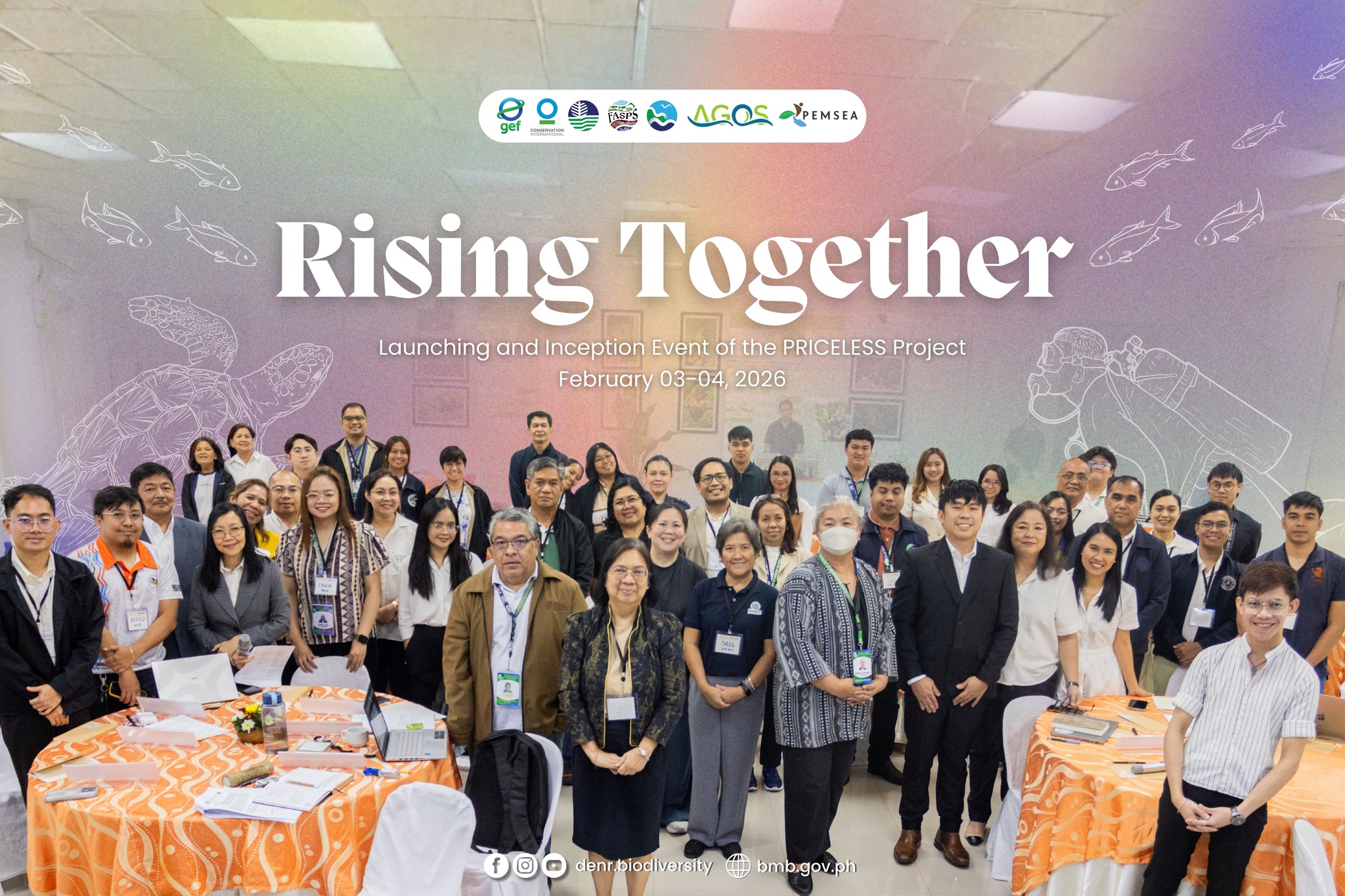ICM Scaling up in Cambodia: Old Problems, New Solutions
Thursday, 30 April 2009

Phnom Penh, Cambodia — Coastal management is not a new concept in Cambodia. The level of funding committed by national agencies and international partners over the past few years attest to the serious attention being provided to pull address poverty alleviation and other aspects of sustainable development. A quick estimate made by the Ministry of Environment (MOE) and PEMSEA in 2006 indicated that investments in projects and programs within the framework of the Sustainable Development Strategy for the Seas of East Asia (SDS-SEA) from 1998 were about USD 90.477 million. This was about 1.24 percent of the GDP in 2006 - that's USD 6.95 investment per capita for Cambodia's population of 13 million.During Cambodia's National ICM Scaling up Workshop, which was held in Phnom Penh on 6 March, local officials from coastal provinces echoed a common question, "Why are we still poor?" For issues of basic environmental services, to more complicated matters concerning rapid urban expansion, to issues of local empowerment, local representatives from the Provinces of Kampot, Kep and Koh Kong stated that effective coastal and marine management remains elusive. Poverty is still a central concern and rural agricultural areas, including coastal communities, still comprise roughly 35 percent of people below the poverty line.Efforts by international and local donors on coastal and marine management initiatives have been thwarted by limited human and institutional capacity and fragmented/sectoral initiatives which resulted to duplication of efforts and piecemeal resolution of issues. When one issue is addressed, another one crops up.Addressing more than 30 participants at the opening of the workshop, H.E. Khong Samnunon stressed the importance of collaboration and cooperation, and called for a stronger involvement of stakeholders not only in the workshop but in the implementation of the agreed workplan.With population increase comes several challenges of managing the coastal areas. An institution or two cannot solve the problems of coastal and marine management. We therefore need your involvement in this workshop to identify how we can move forward in our commitment to implement the Sustainable Development Strategy for the Seas of East Asia in Cambodia.Following a series of consultations and workshops on the national implementation of the SDS-SEA, the MOE conducted an Inception Workshop on ICM scaling up to initiate the process of adoption and implementation of a comprehensive six-year program for coastal and marine management in the country.From Passive to ActiveThe scaling up strategy extends geographic and functional coverage of ICM activities in coastal municipalities and provinces and is designed to promote a coordinated response among various institutions in addressing a broad spectrum of issues on coastal and marine management. The scaling up strategy combines issues that are immediate needs at the local level and a longer term effort to strengthen national and local institutions in coastal and ocean governance. The National ICM scaling up program consists of capacity development, policy development and enforcement, institutional arrangements and the implementation of comprehensive programs to address a plethora of issues from habitat protection to sanitation. The six-year scaling program was drafted after months of local and national consultation. It will be finalized for submission to the National Coastal Steering Committee towards the end of this year. The experiences in Sihanoukville, a PEMSEA ICM demonstration site for the past six years, will be utilized as a training ground and knowledge-sharing center to encourage other coastal provinces and municipalities to implement ICM."Capacity development should address the predominant issue of passivity," said one speaker during the workshop.Indeed, the Sihanoukville experience is rooted on a capacity development approach that enables various agencies and sectors to collaborate and address local problems, instead of relying mainly on "capacity substitution" or mobilizing external consultants to do the job. This instilled an attitude of self-reliance and confidence among local staff that there is a solution to their own problems – that they ARE the solutions to their problems. Through a learning-by-doing approach, local staff were given the chance to develop their own skills through on-the-ground implementation of activities in a way that proves to be more empowering.




